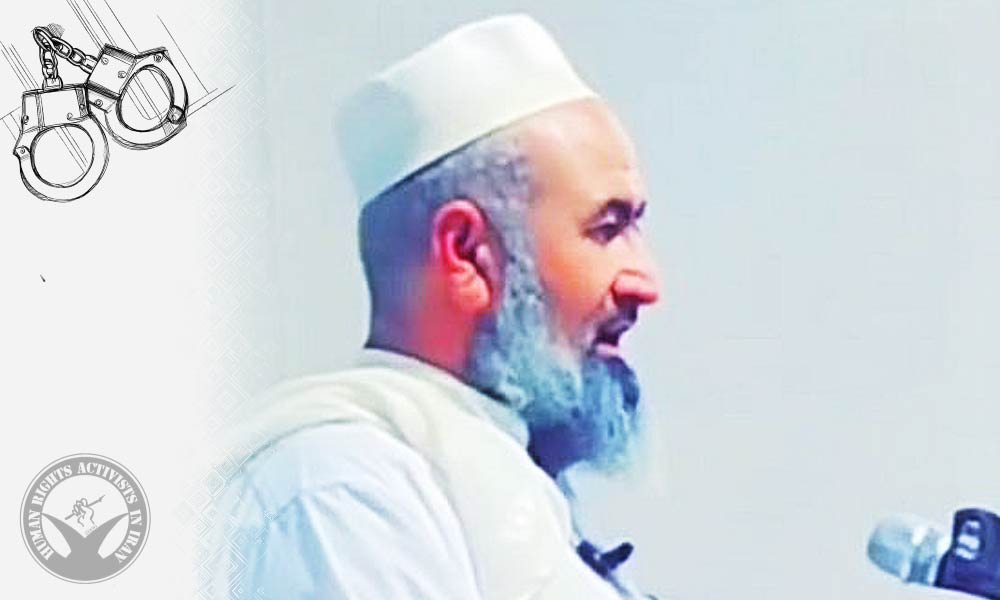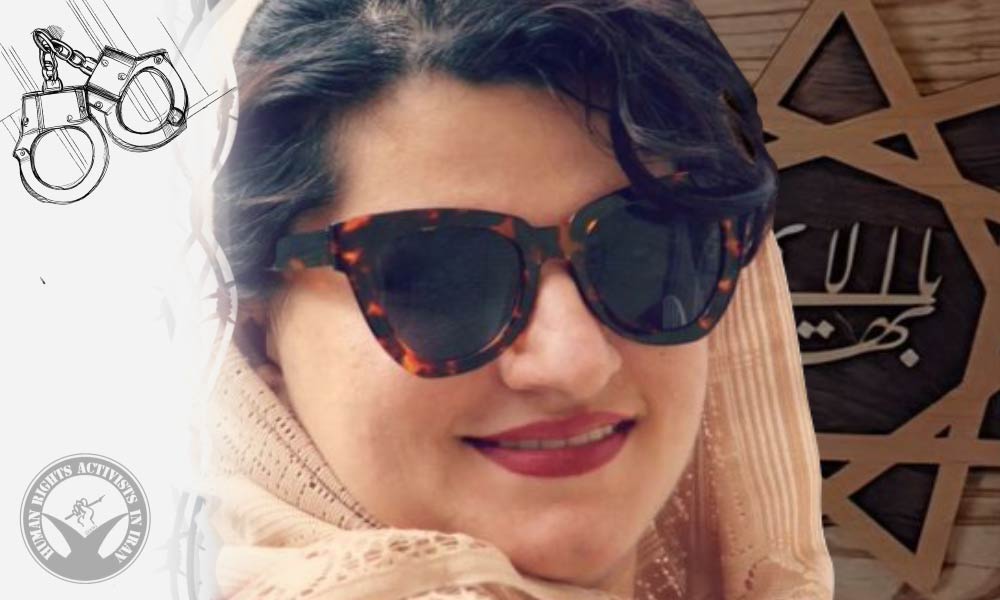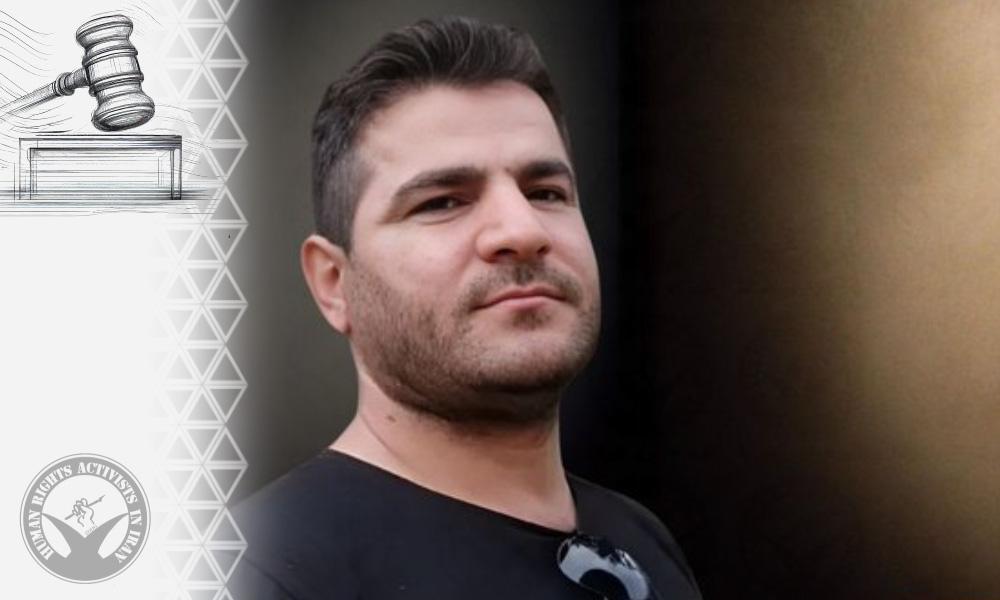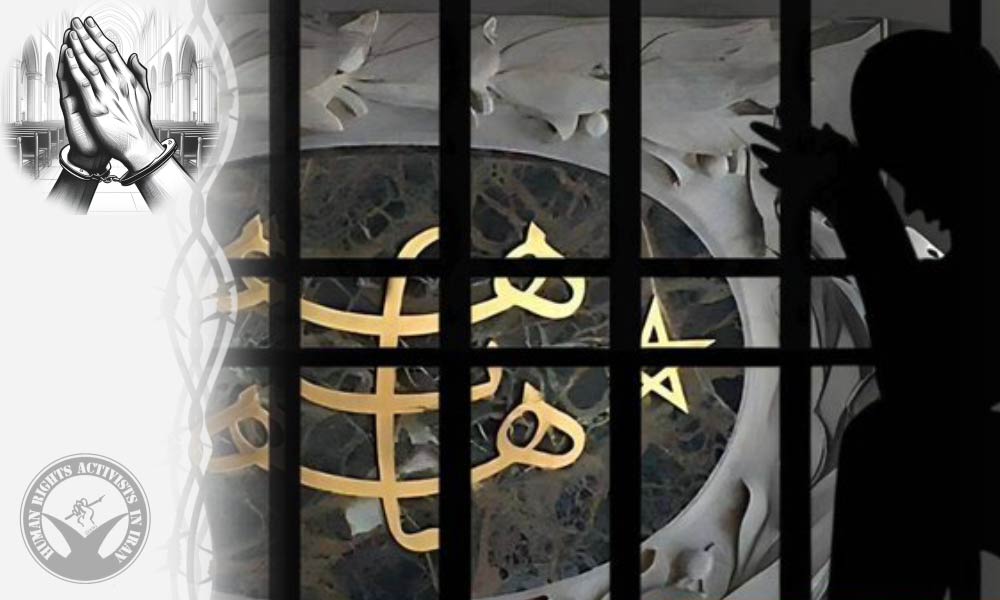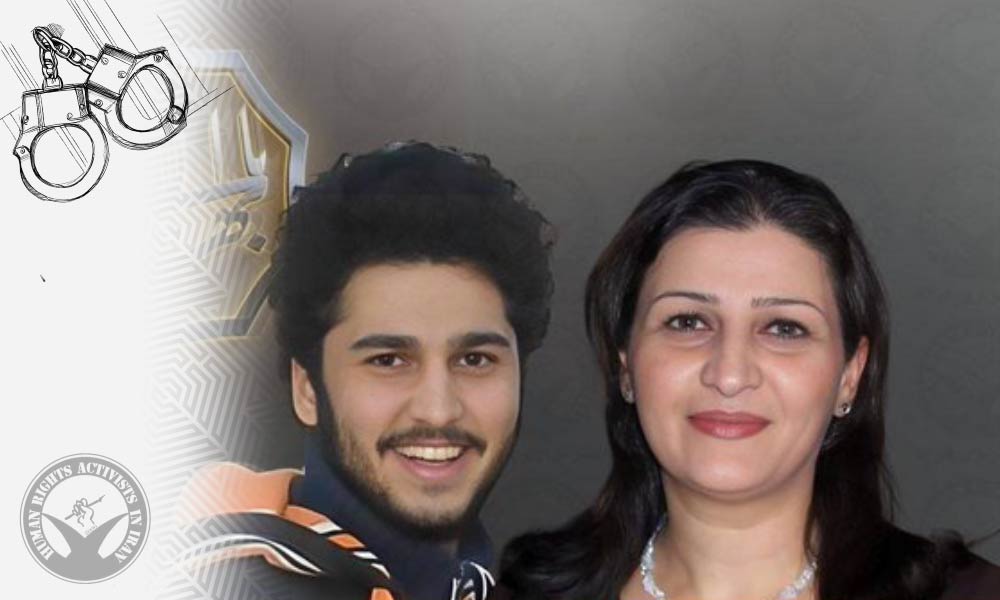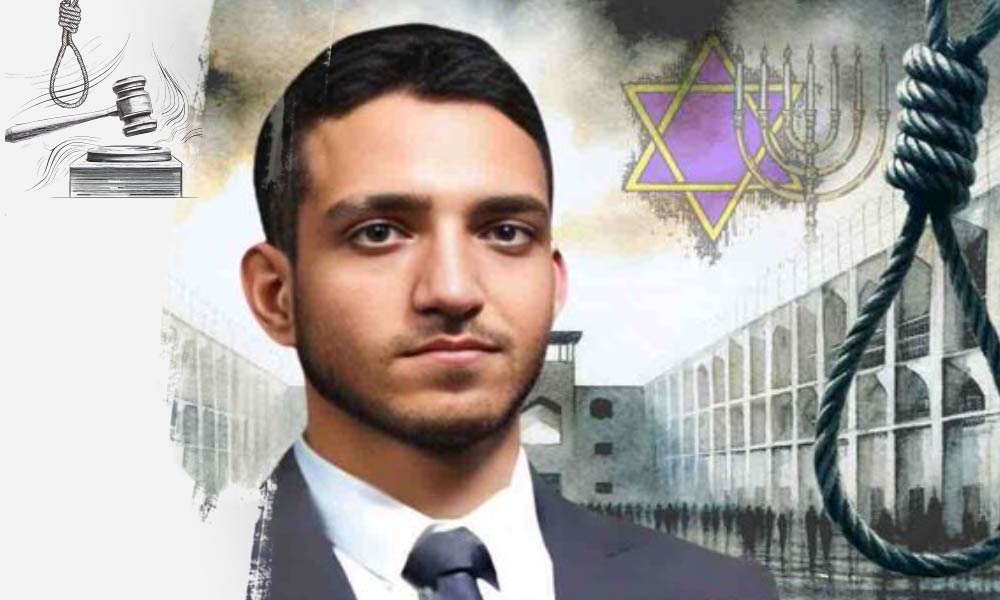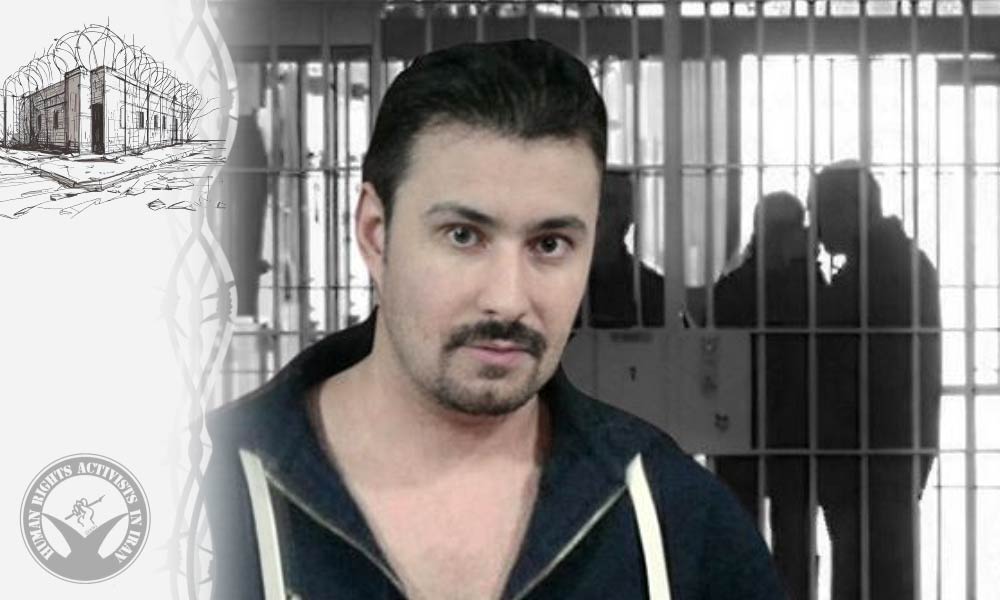The Isfahan Revolutionary Court has sentenced 15 Baha’i women from Baharestan, Isfahan County, to a total of 75 years in prison along with other penalties.
The sentenced individuals are Mojgan Pourshafe Ardestani, Nasrin Khademi, Azita Rezvani-Khah, Shola Ashouri, Mojdeh Bahamin, Bashra Motahar, Sara Shakib, Samira Shakib, Roya Azad Khosh, Noushin Hemmat, Shurangiz Bahamin, Sanaz Rasteh, Maryam Khorsandi, Firoozeh Rastinejad, and Farkhandeh Rezvan Pay.
The court’s decision, issued on May 16, 2024, by Branch 1 of the Isfahan Revolutionary Court, mandates that each woman serves a five-year prison term. Additionally, they are required to pay a fine, are banned from leaving the country, and are deprived of social services for two years. The charges against them include “propaganda against the regime” and “assisting in propaganda/educational activities contrary to Islamic Sharia.” The women were initially summoned for an arraignment on May 1, 2024.
Among them, Pourshafee, Khademi, Rezvani-Khah, Azad Khosh, Shakib, Raseh, Ashouri, Bahamin, Rastinejad, Khorsandi, and Hemmat were previously arrested in 2021 and later released on bail.
Furthermore, Bahamin, Rezvan Pay, Motahar, and Shakib’s residences were subjected to raids and searches by Intelligence agents.
Baha’is are subjected to violations of their religious rights, comprising 82% of reports on infringements against religious minorities, according to HRA’s 2023 annual report.
The Baha’i faith is not recognized as a legitimate religion by Iranian authorities, leading to systematic and longstanding violations of the rights of Baha’is in the country. This includes the denial of their fundamental right to practice their religion, which constitutes a clear breach of both Article 18 of the Universal Declaration of Human Rights and Article 18 of the International Covenant on Civil and Political Rights. The United Nations covenant holds that every person has the right to freedom of religion, freedom of converting religion, as well as freedom of expression, individually or collectively; openly or secretly.



